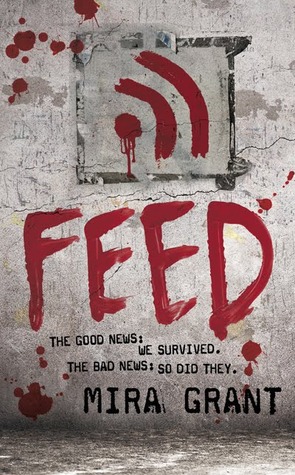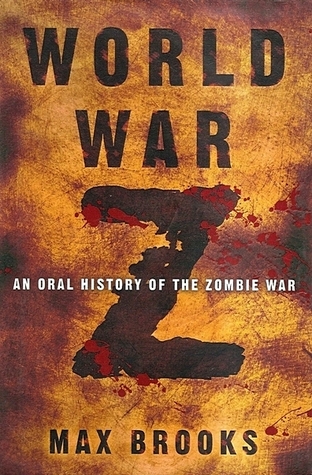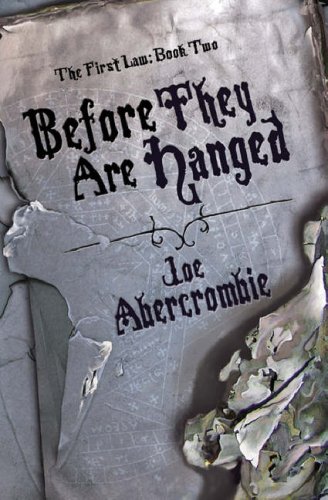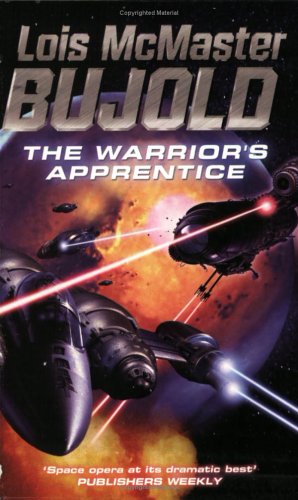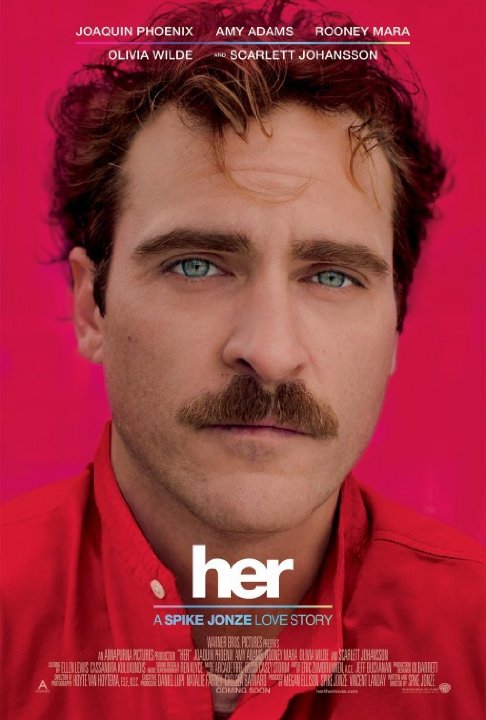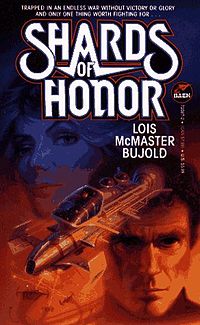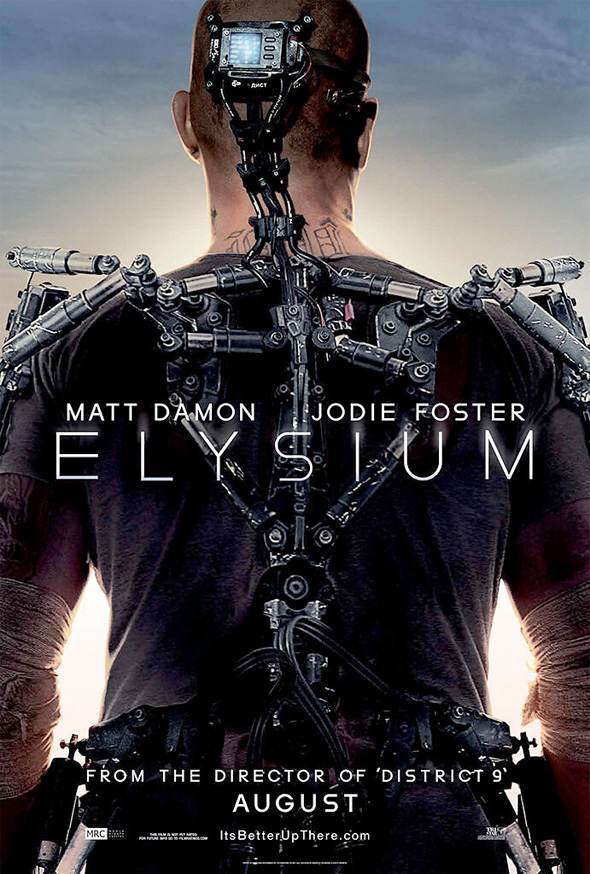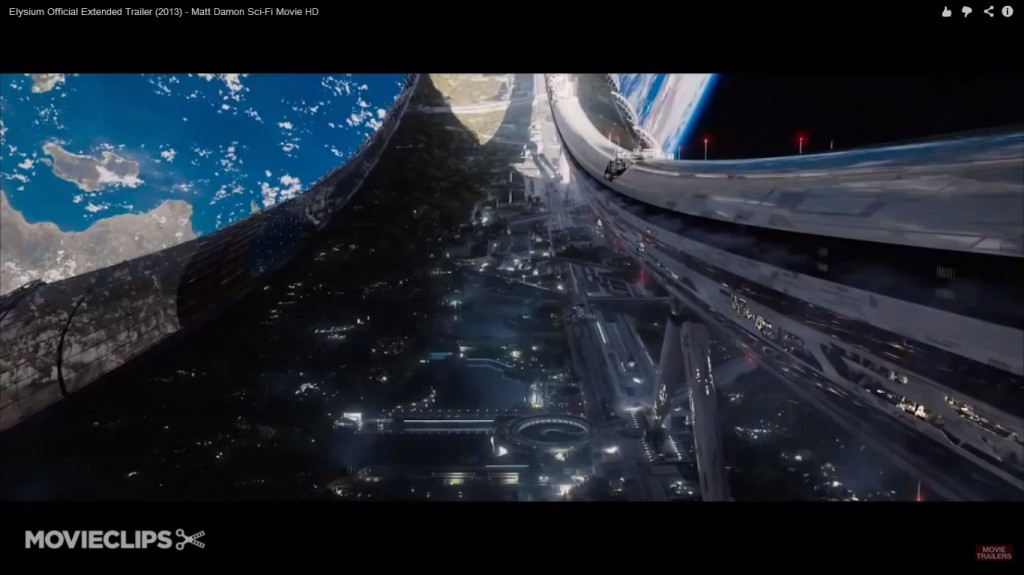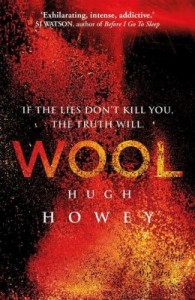
It’s the end of the year, and you know what that means: lists! I read a total of 13 books this year, and I thought I’d do a quick run-down here. I’ve fallen behind on my reviews, so this will also serve as a good way to get caught up. Without further ado, here are the books I read in 2013, roughly in order of when I finished them:
- 1493: Uncovering the New World Columbus Created – Charles C. Mann (Nonfiction – History)
This book is the successor to 1491, which I listened to on the drive to and from Pasadena during MSL primary operations and really enjoyed. 1493 looks at the ramifications of globalization begun by Columbus arriving in the new world and continuing over the next few centuries. I really enjoyed this book too, though it got to be a bit long winded. The most interesting part to me was the discussion of how Spanish control over the extremely productive silver mines in South America had ripple effects all the way around the world, changing the course of history in Japan and China as well as triggering wars in Europe. These two books, 1491 and 1493 have rekindled my interest in history, and are full of interesting historical anecdotes. I liked the books well enough that I went out and bought paper copies to have as references, and as inspiration for future fiction writing.
- The Winds of War – Herman Wouk (Fiction – History)
Speaking of history, this year I started reading more historical fiction as well. Winds of War is a massive book following the members of a family as they are strewn around the world in the early years of World War 2. Wouk strategically positions his characters in interesting places so the reader gets multiple perspectives on the war. I probably learned more about World War 2 here than I did in school. Although some of the characters’ travels are improbable and at times it gets a bit soap-operatic, I really enjoyed this book and am looking forward to reading its successor.
- Wildwood – Colin Meloy (Fiction – YA Fantasy)
We picked up this book mostly because it is written by the lead singer of the Decemberists, which is one of our favorite bands. It’s a simple young adult fantasy tale set in a realm of talking animals whose factions are at war in the woods outside Portland, OR. I liked it well enough, but it didn’t really grip me in a must-turn-the-page sort of way. It is well-edited and structured, following the principle of Chekov’s Gun well and wrapping up neatly. I wouldn’t hesitate to recommend it to a younger audience, though some of the animals actually die in the war, so it’s not for very young kids.
- The Last Days of the Incas – Kim MacQuarrie (Nonfiction – History)
This book was great. I read it before and during a trip to Peru, and it does a great job of making the history of the conquest of the Incas come alive (though actually having visited the key locations also helps!). MacQuarrie scours the historical records, but then takes enough liberties and indulges in enough scene-setting and description that the book reads more like a novel than nonfiction. Although I had the general idea for a novel based on the Incas in mind for years before reading this, this book introduced me to the historical figure of Felipillo, the young Inca boy who served as translator between the Spanish and the Incas. He became the inspiration for one of the main characters in my novel. I highly recommend this book for a readable and fascinating account of the conquest of the Incas.
- Wool – Hugh Howey (Fiction – Sci-fi/post-apocalypse)
This book was probably the best surprise read of the year. I picked it up on a whim after reading some glowing reviews, not really knowing what to expect, and got completely swept away. I wrote a long review of it here on the blog, so I won’t rehash all of that here. Suffice it to say, I really enjoyed this book, and rank it among my favorites of the year.
- Shogun – James Clavell (Fiction – History)
This was my only re-read of the year, but I really enjoyed it the second time around as well. I also wrote a more detailed review on the blog, so take a look. This book is another example of how fiction can do so much more than classroom lectures to make history come alive. I highly recommend this book to anyone with a passing interest in feudal Japan or any fans of fantasy like the Game of Thrones series with large casts and lots of political intrigue.
- The Summer Tree – Guy Gavriel Kay (Fiction – Fantasy)
I wish I had more good things to say about this one. I read Kay’s book “Under Heaven” a few years ago and enjoyed it pretty well, especially as an example of historical fantasy set it a fictional world that closely mimics our own, so I thought I would try his earlier, more “pure-fantasy” work. Kay was involved in editing Tolkien’s “The Silmarillion”, so when I saw reviews of “The Summer Tree” saying that it borrowed a lot from Tolkien, I figured I would still give it a chance. The story in the Summer Tree is sort of like The Lion, The With, and The Wardrobe with college kids, mashed up with Lord of the Rings, but it fails to live up to either. At its best, this book has some passages of really lovely prose, but more often it feels very much like an imitation of better books. I can’t recommend this one. If you want a good take on “college kids in a magical setting” check out Lev Grossman’s The Magicians. If you want epic fantasy, either read Tolkien himself, or go with more modern classics like Game of Thrones .
- The Last Kingdom – Bernard Cornwell (Fiction – History)
After enjoying Winds of War and re-reading Shogun, I was in the mood for more historical fiction, and Bernard Cornwell’s name kept coming up, so I tried this one. The story is set in the mid 9th century and follows Uhtred, the son of a Northumbrian lord who is adopted by Danes (vikings) after they invade and kill his father. There is lots of gruesome and gritty action, interesting characters, and conflicted loyalties as Uhtred grows up and comes to sympathize with the people who killed his family. This book is the perfect gateway book for fans of fantasy who want to get into historical fiction. It reads very much like epic fantasy, except it’s based on real historical events. It’s also refreshing to read something set in the depths of the middle ages rather than toward the end. In this book great castles are houses on mounds of dirt with wooden walls, and a shirt of chainmail is the best armor available. No knights in shining armor and towering fairytale castles here. One of the other things I really enjoyed about this book is learning what places used to be called. London = Lundene, Nottingham = Snotingaham, York = Jorvick. Anyway, I really enjoyed this one, and am planning on starting the second book in the series soon.
- The Well of Ascension – Brandon Sanderson (Fiction – Fantasy)
This is the second book in the Mistborn series, the first of which I read a year or so ago and enjoyed. It took me quite a while to get into this one. One of the problems I run into with the Mistborn books is that the magic system, although interesting, is pretty complicated, so action sequences have to be extremely detailed for the reader to be able to follow what’s going on. Especially at the beginning of this book, when Sanderson is trying to get new readers up to speed, the action sequences can lose their urgency and interest as they devolve into tutorials on the magic system. By the end of this book, I was finally drawn in by the several slowly building arcs and enjoyed what appeared to be the climax. Unfortunately, the book keeps going to set up a major cliffhanger for the following book. I follow the Writing Excuses podcast, which is hosted by Sanderson, and he has actually mentioned this ending and discussed a bit why it had to be done, but it still was an ending that left me dissatisfied. I’ll probably read the next book in the series eventually, but this one only worked for me some of the time.
- Shift – Hugh Howey (Fiction – Sci-fi/post-apocalypse)
This is the prequel to Wool, and so I came in with high hopes. I wouldn’t say I was disappointed, Shift is a fine novel, but it didn’t have the addictive qualities of Wool. Whereas I could not put Wool down, Shift I read over a period of months, picking it up now and then but not really getting sucked in. It was very interesting to see how the world introduced in Wool came to be, but I think because I read this one spread over so much time, I lost track of some of the threads and didn’t enjoy it as much as i would have if i had read it faster. All in all, I would still recommend this, but don’t expect the same compulsive readability as Wool.
- The Yiddish Policemen’s Union – Michael Chabon (Fiction – alternate history)
While I was in Pasadena for MSL operations in Fall of 2012, I listened to Chabon’s “Manhood for Amateurs”, a collection of memoir-essays, and really enjoyed them, so I had been wanting to try his fiction for a while. The premise behind this book is weird: what if instead of creating Israel after World War 2, a temporary nation for the Jews was instead created in Alaska? The story itself follows a down-on-his luck detective trying to solve a murder that he has been instructed not to pursue. The prose in this book is awesome, and it’s worth reading just for some of the wonderful descriptions that Chabon uses. You can see why he won a Pulitzer. On the other hand, the plot is not as strong. It feels like Chabon wrote a lot of scenes with weird and interesting characters in this weird and interesting setting, and then toward the end of the book had to scramble to wrap them up into a plot somehow. Still, this one is worth reading just for the prose and the unusual setting. But be prepared to learn a lot of yiddish terms. I found out only after finishing the book that there is a glossary in the back (I was reading as an e-book, so it was not obvious), and there are times it would have been useful…
- The Blade Itself – Joe Abercrombie (Fiction – Fantasy)
I had been meaning to read Abercrombie’s books for quite a while. They have been heralded as the peak of “grimdark” fantasy, where the pure good vs evil conflict of stories like Lord of the Rings is replaced with morally gray characters in a nasty, gritty world. Heck, Absercrombie’s twitter handle is @lordgrimdark. The Blade Itself definitely fits this description: all three main characters are anti-heroes in one way or another. You’ve got a former swordsman turned torturer after having his own body ruined in a torture chamber, a veteran barbarian warrior who is trying to be a good person but can’t escape the massacres he committed in his past, and a rich obnoxious self-centered nobleman who is so classist and annoying that he verges on self-parody. In fact, I think this novel succeeds because it knows (and expects the reader to know) exactly what tropes it is trying to subvert and which ones it is shamelessly embracing almost to the point of absurdity. There is a dark humor that runs through the book that saves it from its own grittiness and makes characters that would otherwise be nearly impossible to root for much more likeable. My main complaint is that this book was clearly written with sequels in mind, and ends up feeling like a long introduction to the real story that will be told in future books. I’m looking forward to reading the sequels, but the ending of this one was a bit unsatisfying.
- The Best of the Best: 20 Years of the Year’s Best Science Fiction
I started this in 2012, put it down, and then picked it back up again at the end of 2013. I was hoping that, as a collection of the “best of the best”, this would be nothing but great short stories. Unfortunately, that’s not the case. Some of the stories in here are great, and had as much or more impact as many novels. “Story of Your Life” by Ted Chiang was a particular stand-out that was really excellent. But many of the stories in this collection are not very good. Or at least, they didn’t work for me. I’m not sure if I would recommend this or not. It’s a nice cross section showing the state of science fiction, but about two thirds of the stories are mediocre if not actively bad. I’m glad I read it because the good stories make it worthwhile, but I almost didn’t finish it because of the many stories that just didn’t connect with me.
